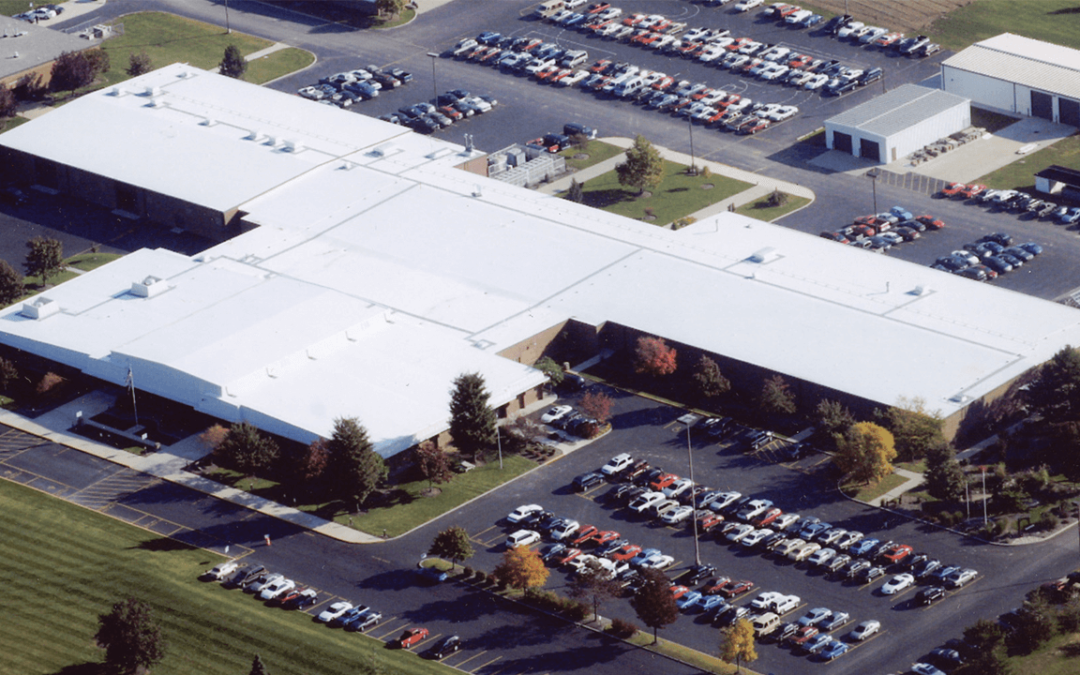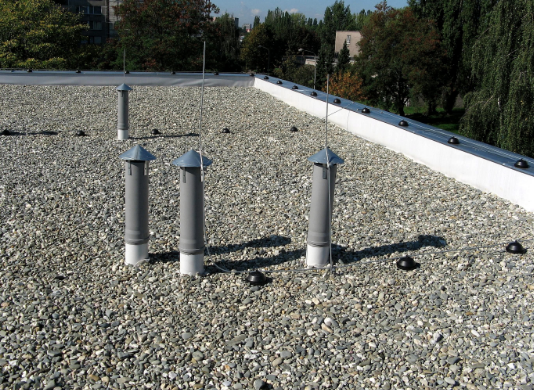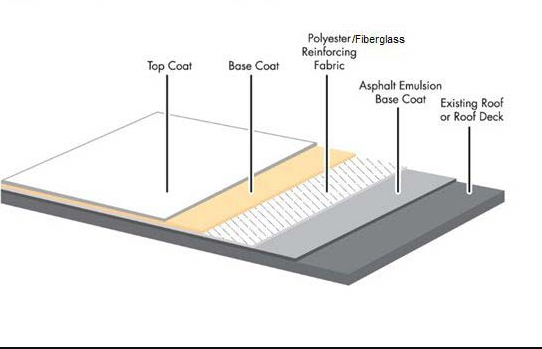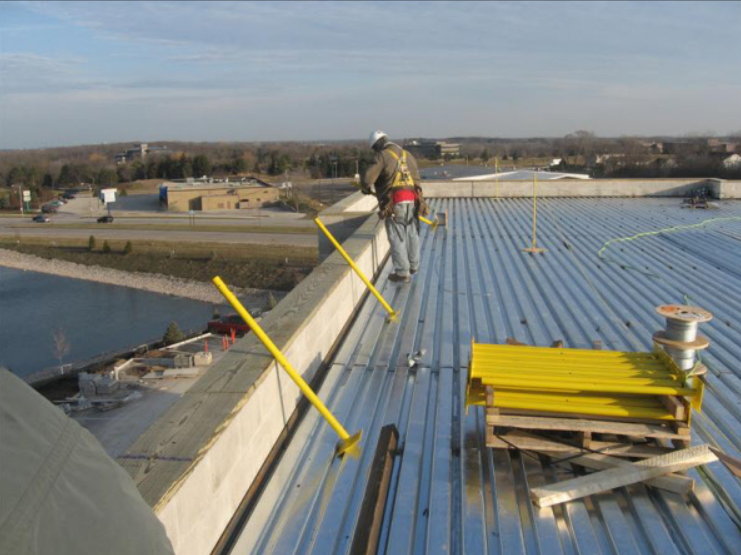Single-Ply Membrane Roofing
Single-ply roofing has become the preferred option for companies building properties with flat or low-sloped roofs. They are factory manufactured polymer-based membranes or sheets connected through joints to form a roof, thereby reducing over 80% of on-site labor and saving time and money.
These sheets are flexible, durable, and lightweight, and can withstand outdoor extremities that would otherwise be damaging to other roofing materials. These include; UV rays, fire accidents, and gradual corrosion. The sheets range between 40 mils to 80 mils in thickness.
There are two general categories of single-ply sheets; thermoset membranes and thermoplastic membranes. Thermosets are made of synthetic rubber polymers, and they include EPDM (Ethylene Propylene Diene Monomer), Chlorosulfonated Polyethylene (CSPE), and Neoprene. EPDM membranes are the most commonly used thermosets as they can withstand extreme temperatures and they don’t absorb moisture. They are ideal for large roofs because they don’t require many seams on the roof and, when appropriately fastened, are very resilient.
Thermoplastic membranes are made of plastic materials, and the most common are PVC (polyvinyl chloride) and TPO (Thermoplastic Polyolefin). Thermoplastics are highly stable and durable. They weld together with heat and return to their original form when it cools down. They are ideal for low slope roofs, and most commercial roofing that covers abrasive surfaces.
Single-ply membranes have numerous benefits that make them ideal for commercial buildings. Roofing experts and contractors back them because of their durability and superiority. The single-ply sheets are cost-effective, starting with the installation. Most single-ply membranes don’t require an expensive setup, and after installing, they can help regulate the indoor temperature in the case of TPO and PVC membranes.
The single-ply membranes have a long life expectancy of up to 40 years. The fact that materials are not organic means they don’t decompose over time. They are also chemical resistant and don’t require expensive maintenance. A membrane roofing system guarantees quality, long term performance, a comprehensive warranty, and energy-saving principles.
The fastening of single-ply membrane roofing systems is done in either of these four methods; the ballasted system, the mechanically attached system, induction welded installation, and the fully adhered system. The flexibility of these membranes supports any building designs, as well as the method of installation. Membrane roofing solutions are preferred because they come in different colors and styles that fit many building aesthetics. For a commercial building, single ply membranes provide a serene working environment that increases employee comfort and productivity.
The process of choosing the type of sheet, and method of installation, requires consultation with commercial roofing professionals who ensure quality workmanship and strict adherence to any installation guide.
.png)



